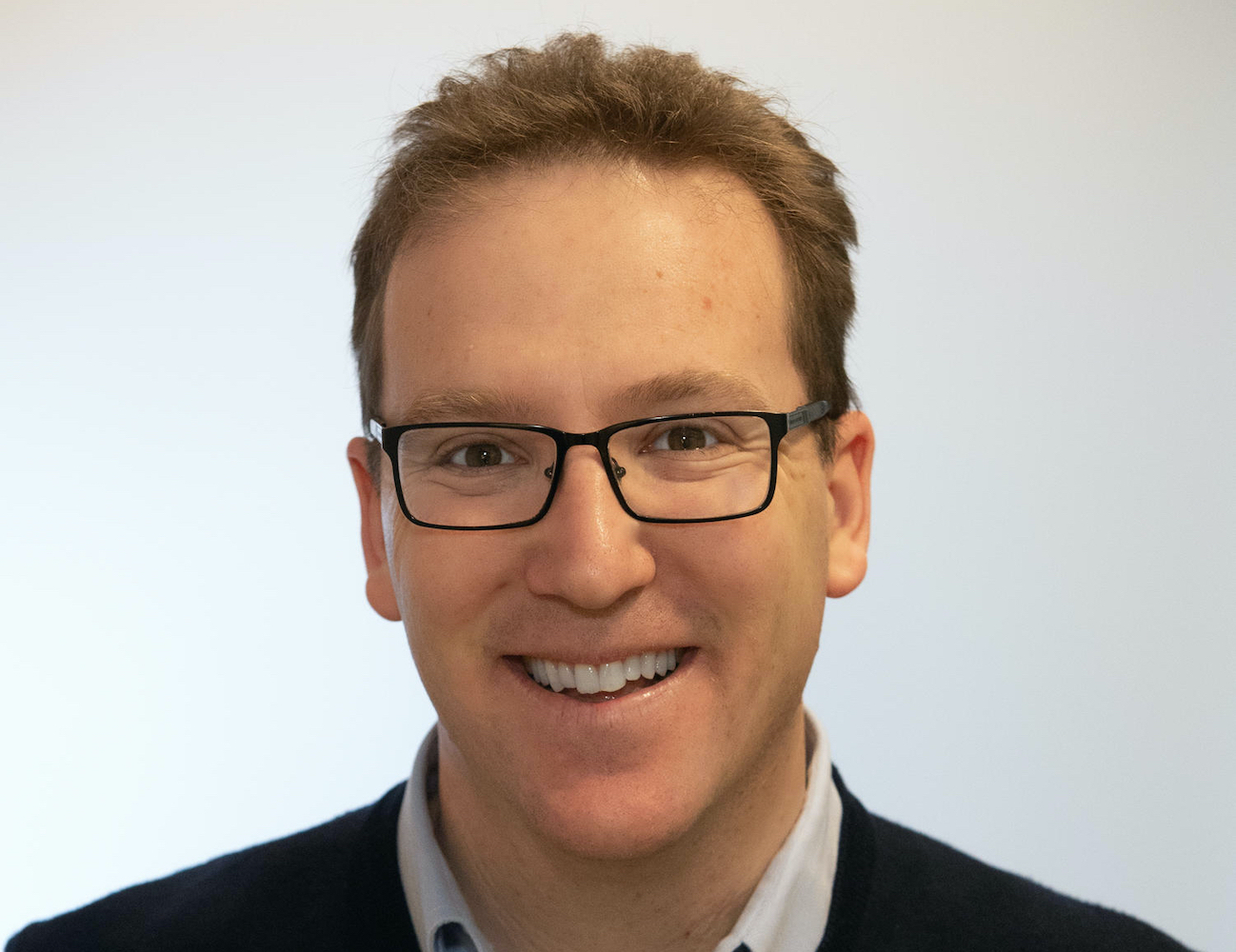ImpactAlpha, March 27 – When voluntary and then mandatory social distancing shut down businesses and nonprofits in New York, the effects were immediate. Revenues disappeared, employees were laid off, reserves dwindled.
Government relief is still weeks away, but starting today, the Nonprofit Finance Fund is taking applications for no-interest loans to nonprofits in healthcare, food delivery, homeless services, workforce development and education, as well arts and culture. The $29 million emergency fund, part of a larger $75 million COVID-19 response fund, aims to keep organizations afloat until revenues recover.
That the fund went “from conception to announcement to disbursement within less than two weeks is a sign of what is possible when everyone acts with a sense of urgency and mutual trust,” says Bugg-Levine, who has led NFF since 2011.
“The crisis galvanized people to action,” Bugg-Levine told ImpactAlpha. “What is stopping us from acting with the same urgency and upending usual processes for addressing all the other lingering crises such as climate change, the carceral state, the racial wealth gap, African American maternal mortality and voter suppression?”
South African-born Bugg-Levine has long been a steady hand in impact investing. As a managing director at the Rockefeller Foundation, he helped coin the term and support much of the field’s early infrastructure. He took over NFF from Clara Miller, who after the 9/11 attacks had fielded a $10 million flexible-financing fund for nonprofits that is the model for the NYC COVID-19 Response & Impact Fund.
The new loan fund is capitalized by a program-related investment from the Ford Foundation, whose president, Darren Walker, pulled together the broader $75 million fund, which includes grants, in near-record time. Bugg-Levine says he’s encouraged by foundations that have responded to the fast-moving crisis by loosening grant restrictions and reporting obligations and speeding up funding schedules. The question now, he says, is “What would it take to cultivate a similar sense of urgency around the other issues we work on? What have we learned that can form the basis of a new system?”











